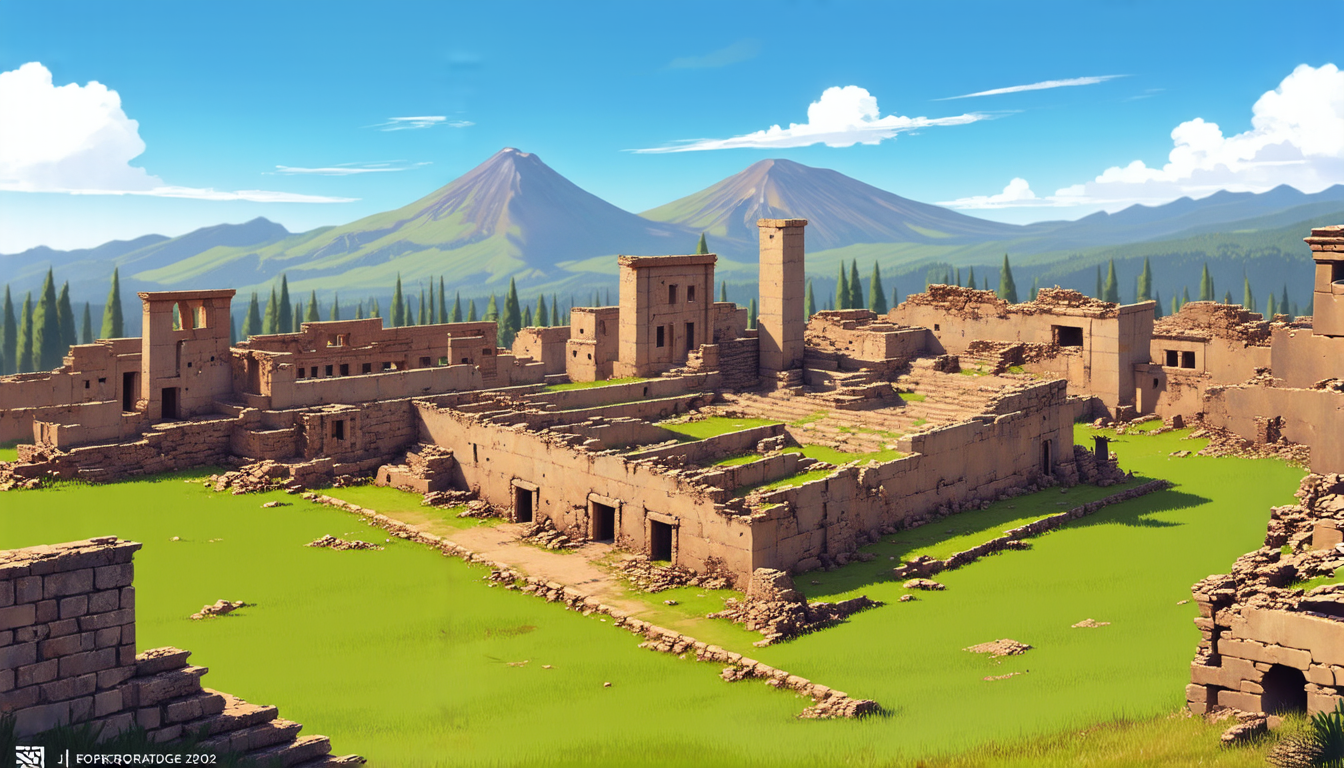Saturday 27 September 2025
A team of researchers has developed a cutting-edge framework that can transform the way we preserve and manage cultural heritage sites around the world. The system, known as ARGUS, aims to make it easier for archaeologists, historians, and other experts to access and analyze vast amounts of data related to these sites.
One of the biggest challenges facing cultural heritage preservation is the sheer volume of data that needs to be managed. This includes everything from historical documents to satellite imagery, and even data collected by drones or sensors on site. ARGUS tackles this problem head-on by creating a unified framework for processing and integrating all this disparate information.
The system works by breaking down the data into seven key stages: data collection, standardization, enrichment, integration, ingestion, visualization, and publication. At each stage, the data is transformed to ensure it’s consistent and easy to analyze. This means that information from different sources can be easily combined, allowing experts to get a more complete picture of what’s happening at a site.
For example, let’s say an archaeologist wants to study the impact of climate change on an ancient city. ARGUS would allow them to combine historical records with satellite imagery and other data to create a detailed picture of how the site has changed over time.
But it’s not just about analyzing data – ARGUS also makes it easier to share findings with others. The system includes natural language querying capabilities, which means that experts can ask questions in plain English and get accurate answers from the data. This could be especially useful for non-experts who need access to this information, such as policymakers or local communities.
The potential applications of ARGUS are vast. It could be used to better understand and protect cultural heritage sites around the world, from ancient cities in the Middle East to historic landmarks in Europe. It could also help us respond more effectively to natural disasters like earthquakes or floods by providing critical information about the sites affected.
ARGUS has already been tested on a pilot site in Greece, where researchers were able to integrate data from multiple sources and create detailed maps of an ancient city. The results show just how powerful this system can be.
In the coming years, we can expect to see ARGUS being used to preserve and manage cultural heritage sites around the world. It’s an exciting development that has the potential to make a real difference in our understanding and appreciation of these precious resources.
Cite this article: “ARGUS: A Revolutionary Framework for Preserving Cultural Heritage Sites”, The Science Archive, 2025.
Cultural Heritage, Data Management, Archaeological Sites, Historical Preservation, Argus, Framework, Data Analysis, Integration, Visualization, Natural Language Querying.







